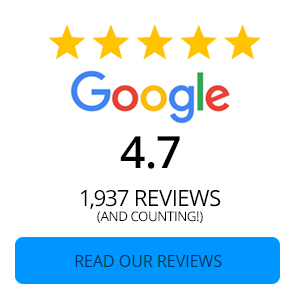Even in 2017, parents are still divided about whether their children should be given a weekly allowance. Many argue that an allowance helps teach kids about the value of money and budgeting. Meanwhile, others believe that a weekly handout promotes an unhealthy sense of entitlement, especially if the money isn't earned through household chores, academic success or good deeds. Indeed, there is ample evidence supporting both arguments. Below, we'll breakdown the pros and cons of allowance money, so you can judge for yourself.
The Benefits
According to a study by T. Rowe Price, kids with allowance money feel more confident about managing their own finances, their spending decisions and the value of money. Additionally, kids who are allowed to make spending errors appear to learn from their mistakes. They report feeling more knowledgeable about making future investments and spending decisions.
Overall, parents are advised to have children earn their allowance money, so their level of personal investment is higher. However, if parents opt to take a "no strings attached" approach, there should still be consequences for money mismanagement. For instance, if a pre-teen is responsible for buying their back-to-school wardrobe, they must budget wisely to afford every item they want—or miss out on getting that cool, new backpack.
The Drawbacks
USA Today cites data from SUNY-Buffalo professor, Lewis Mandell, that shows that having a childhood allowance doesn't necessarily improve a high schooler's understanding of money. Teens who received allowance money, did far worse on a financial literacy test than their peers, especially if their allowance wasn't tied to chores. Furthermore, if the adolescents hadn't held down a job outside of the home, they scored even worse on four of the five exam sections. Mandell contends that giving a child an allowance as opposed to giving a child money when they need to purchase something may limit the valuable conversations parents have with their children regarding money and budgeting.
Ultimately, parents should consider teaching their children about personal finances, alongside the offer of an allowance. Once kids are old enough, earning money through babysitting, part-time jobs or summer employment should also be encouraged.
To continue teaching your kids about money's value, why not set up a kids' savings account together at Coosa Valley Credit Union? Learning to save is, after all, just as important as knowing about responsible spending. Stop by any of Coosa Valley's branches today and a member of our friendly, knowledgeable team will be happy to help you!

